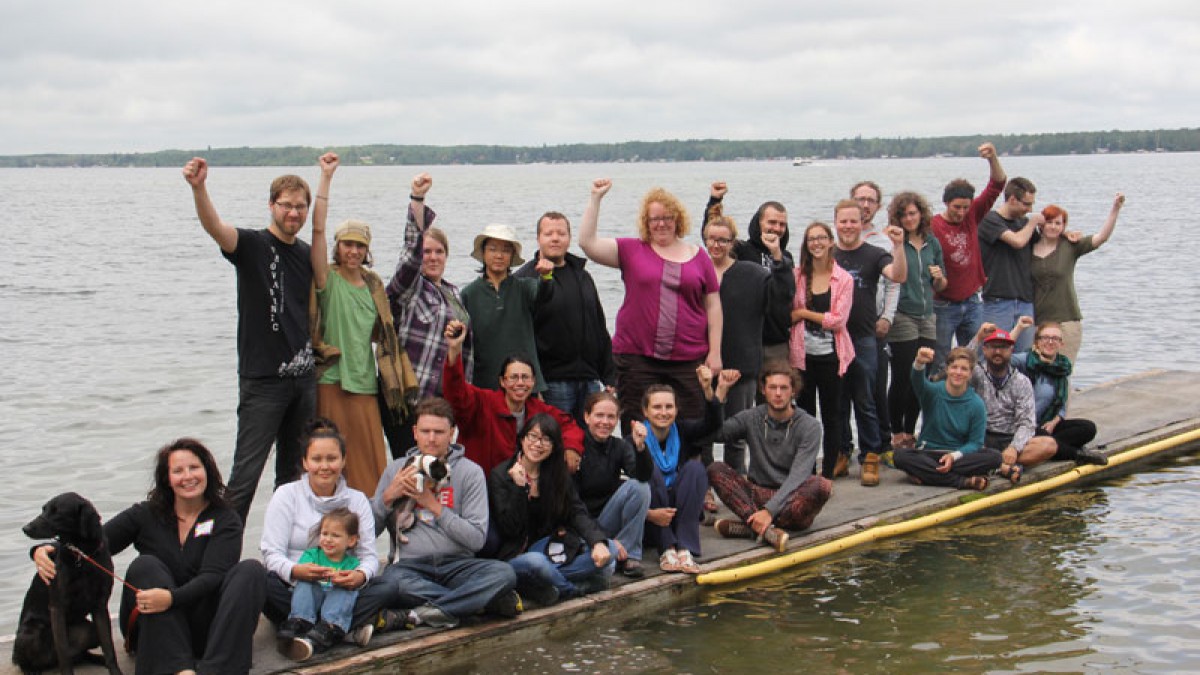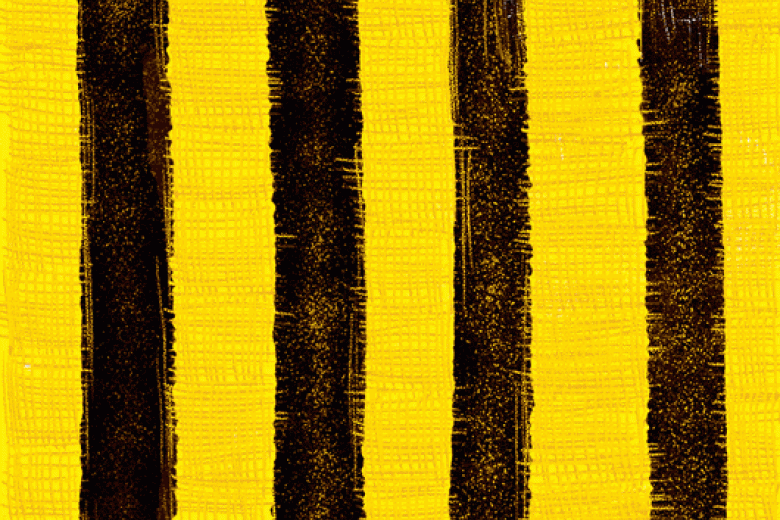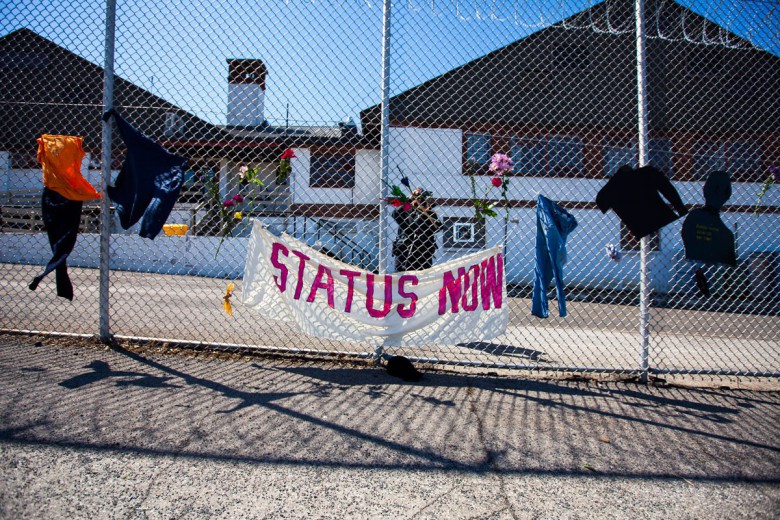In this interview, Next Up co-founder and director Kevin Millsip explains why investing in younger leadership is important and how Next Up works to address that need.
How and why did Next Up get started and what is its mandate?
The conversations that led to Next Up started about 10 years ago between me and Seth Klein, the other co-founder. We began talking about our respective journeys in social change work and leadership, the people who had helped and supported us, the fact that we came from very different backgrounds, and the role that luck played in our journeys.
That led to conversations about how the conservative movement is, and has been for some time, investing in conservative leadership development. Which led to the question: If you’re young and progressive and want to make change happen, where can you go to spend time with others who may share a worldview and passion for change and justice, to learn about the different ways that change can be made, how the nuts and bolts work? Where can you learn about progressive ideas, about the best thinking, and meet others doing social change work?
The answer at that time was nowhere. So, if we are serious about our ideas and worldview, if we’re serious in our belief that there are better and far more just ways of taking care of both people and planet, we, as movements, need to be serious about investing in young leaders. That led to the birth of the first program.
How do people participate and who applies?
People apply to get into NU. Each city goes through a selection process where the coordinator and alumni will shortlist applications and invite them in for interviews. People come in groups of up to 12 and spend two hours with us – one hour in group discussion and activity and then about 15 minutes in a personal interview. Then the selection team selects the applicants who will become a cohort. It can be a hard day – the selection conversations can take hours.
The program is free for participants. That was a founding principle of the program. Every year in each city the applications seem to get into a new community or group that we haven’t connected with before. We’re not always certain how that happens; it seems like the call-out gets to someone who is an entryway into that community. Participants are between the ages of 18 and 32. Many people apply looking to connect to a sense of community, which I think is emblematic of larger issues of isolation in our society. It’s fascinating to see how the vibe and composition of a group changes from year to year.
What is NU’s relation to traditional political organizations such as parties or activist groups?
We’re non-partisan. People come in to do sessions who are connected and work with a variety of organizations and groups – people from trade unions, non-profits, credit unions and co-ops, community organizers, elected officials, people who’ve been in civil service, lawyers, trainers and educators with different focus areas. We try to have an array of people come in so participants are introduced to different paths and theories of making change. We also use the Movement Action Plan developed by Bill Moyer to look at how different types of activism can support one another and how different types of groups and approaches can fit together to move ahead a broader effort.
What is NU’s funding model?
For the most part we raise the money for each province in that province. Sometimes one city may be short a bit one year so we’ll use support from other places but we focus on raising the money from the communities that we’re working in. Much of our funding comes from trade unions who have shown incredible support of our work – we’ve talked with many union leaders and activists who understand the situation that progressives are in across the country, that we’ve been losing for a long time, and that we need to support young leaders.
We’re now putting more energy into developing support from individuals – people who may want to give five or ten dollars a month. The support from individuals goes to the program in their own city or region. Because of the number of people who apply to the programs (always more than we have space for) we’re starting to experiment with new forms of programming. This past summer we organized the first NU intensive for First Nations and Metis youth in Saskatoon. It went very well, surpassing our hopes, and we’ll be offering it again next summer.
What kinds of challenges have you encountered with NU and how have you addressed them?
Capacity really is a big one. So many amazing people apply and we only have so much capacity in a given city in a year. Sixteen people per city each year takes as many hands on deck as we can get right now. That’s why we’re experimenting with shorter intensive models of programming, to work with more people and broader networks. We hope to offer an intensive program in Alberta this year.
We are always working on diversity, pushing ourselves as staff, and asking how we can be most useful and of service to this moment and to our movements. Each year all of the staff gather to look at feedback from that year’s groups and take apart and rebuild the program. Each year we add new sessions, change things up, and drop things. This year, for the first time, we’ve chosen a theme for the entire year: climate change. So we’ve designed new climate-themed sessions for this year. I’m constantly wondering about how fast we should grow.
You’ve used the phrase to “make change” several times. Many on the left are skeptical of such vague terms, especially following their cynical use by neoliberal politicians like Barack Obama. What does “change” really mean for Next Up?
Making change means working for social justice. We talk in terms of change so that participants can frame what they do themselves. We hope that all Next Up graduates go on to do work with integrity that is rooted in a place of working for justice.







